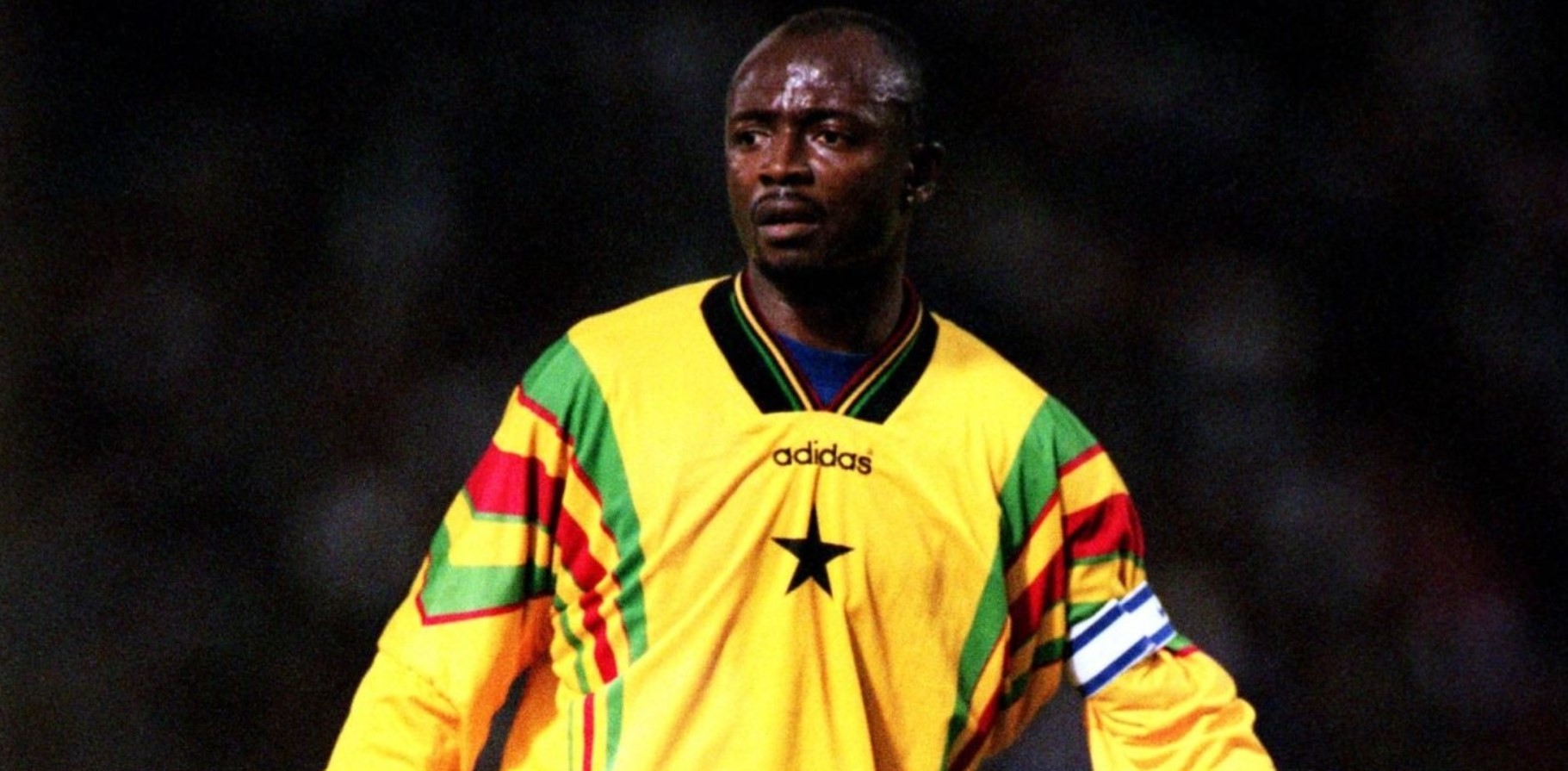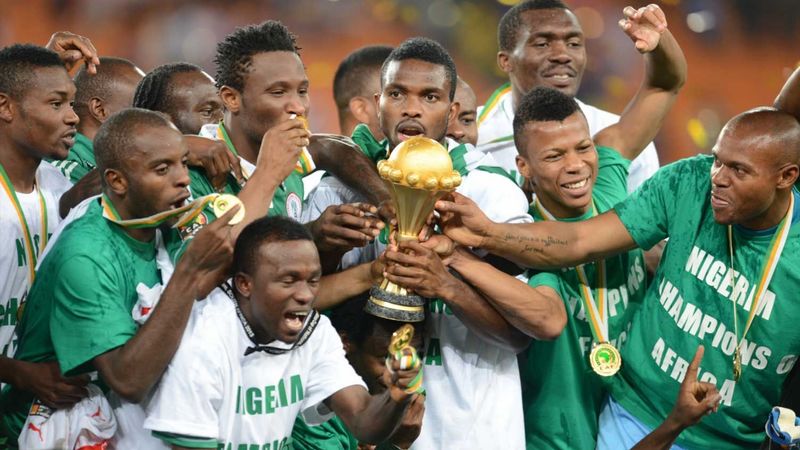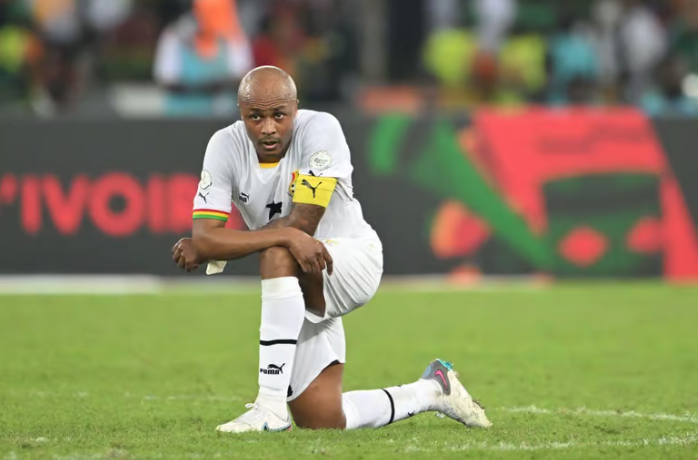The Africa Cup of Nations (AFCON) has seen its fair share of finals featuring all-West African clashes, showcasing the region’s footballing prowess and intense rivalries.
Nigeria will face its West African rivals Cote D’Ivoire in the 2023 finals at the Allasane Ouattara Stadium on Sunday.
These matchups are not only a testament to West Africa’s dominance in African football but also highlight the rich football culture and talent within the region.
Here are seven notable all-West African AFCON finals in history:
1. Ghana vs. Ivory Coast – 1992, Dakar, Senegal
Significance: One of the most memorable finals in AFCON history, this match went down to the wire with a penalty shootout that included an astonishing 11-10 win for Ivory Coast. It was their first AFCON title, and the marathon shootout remains one of the longest in the history of the sport.

The match was a testament to the skill, determination, and nerve of both teams.
2. Nigeria vs. Burkina Faso – 2013, Johannesburg, South Africa
The 2013 Africa Cup of Nations (AFCON) final between Nigeria and Burkina Faso was a landmark event, marking Nigeria’s triumphant return to the pinnacle of African football.

Held on February 10, 2013, at the National Stadium in Johannesburg, South Africa, this match saw the Super Eagles of Nigeria clinch their third AFCON title, a significant achievement given their previous successes in 1980 and 1994.
Match Highlights:
Final Score: Nigeria 1-0 Burkina Faso
Goal Scorer: Sunday Mba (40th minute)
Key Moment: The only goal of the match came from an exceptional moment of individual skill by Sunday Mba, who volleyed the ball over a defender’s head before firing a half-volley into the net from outside the penalty area.
This goal not only demonstrated Mba’s technical ability but also his composure under pressure.
3. Ivory Coast vs. Ghana – 2015, Bata, Equatorial Guinea
Significance: A repeat of the 1992 final, this match also went to penalties after a goalless draw, with Ivory Coast winning 9-8 in another dramatic shootout.
This victory marked Ivory Coast’s second AFCON title, and the match itself was a reflection of the intense rivalry and high-quality football between West African teams.

The final was also significant for the careers of several players from both teams, including Yaya Touré and André Ayew, who had followed in their fathers’ footsteps in playing for their national teams.
Pulse





